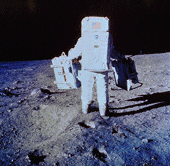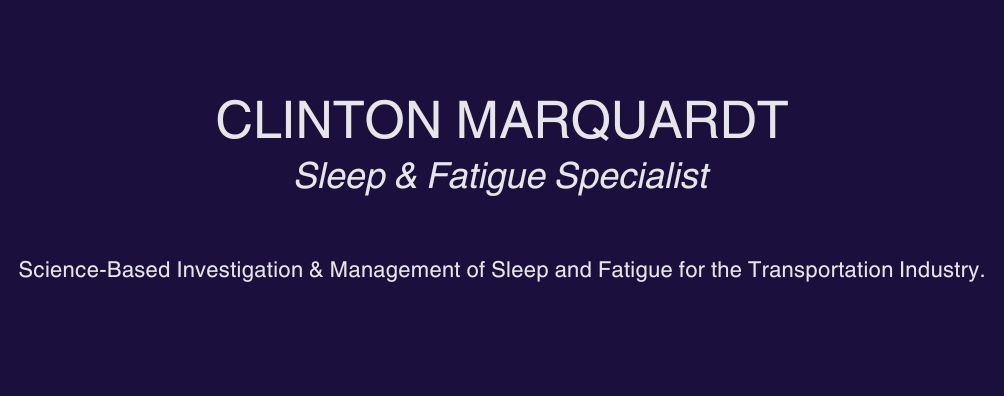 A Canadian researcher has led a team of scientists in a study of sleep in space. Dr. Harvey Moldofsky conducted the research for the Canadian Space Agency. The longer people stay in space, the more deep sleep they lose.
A Canadian researcher has led a team of scientists in a study of sleep in space. Dr. Harvey Moldofsky conducted the research for the Canadian Space Agency. The longer people stay in space, the more deep sleep they lose.
Dr. Moldofsky and his team also found that after the astronauts returned to earth, they continued to have less of the deep sleep stages (stages 3 and 4) for up to three months. Although he is not sure why this happens, Dr. Moldofsky says this may help explain why astronauts tend to complain of persistent fatigue after they return to earth.
He also found changes in hormones and the immune system when in space. Specifically, there is an increase in the levels of cytokines. Cytokines are proteins in the body that fight the onset of an illness. When there is an increase in cytokines, there is usually an increase in sleepiness. When you become ill, the cytokines kick in and tell your body you need to rest.
However, in space there was an increase in the levels of cytokines despite the fact that the astronauts were not ill. It is still not clear why this increase in cytokines did not help the astronauts sleep more deeply.
Dr. Moldofsky believes that the research may be particularly helpful in shedding light on chronic fatigue syndrome and fibromyalgia, two conditions characterized by extreme fatigue. The link lies in the fact that individuals with fibromyalgia, like the astronauts in space, also have a disturbance in deep sleep.
Thanks to L. Orr, BA, RPSGT for her help with this article.


